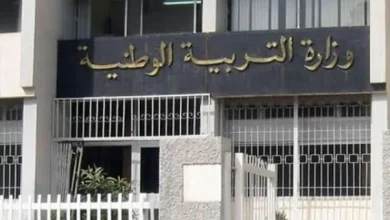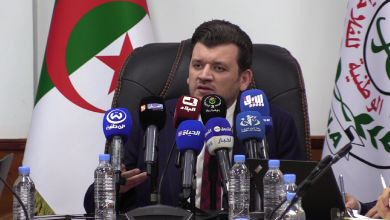In the early hours of Thursday’s trading session, oil prices experienced a notable surge, recovering a portion of the significant losses incurred in the previous session. This uptick comes in the wake of the Joint Ministerial Monitoring Committee (JMMC) of OPEC+ deciding to maintain oil production cuts. This decision implies a sustained supply shortage amid concerns of an imminent slowdown in global economic growth.
Brent crude futures climbed by 61 cents, reaching $86.42 per barrel, while West Texas Intermediate (WTI) crude, the American benchmark, saw an increase of 50 cents, reaching $84.75 per barrel as of 05:22 Algerian time.
The recent increase in oil prices holds significance not only for global markets but also from an Algerian perspective. As a nation with a prominent stake in the oil industry, Algeria closely monitors these developments. Let’s delve deeper into the implications of this price surge and what it means for Algeria’s economy.
Algeria’s Oil-Dependent Economy:
Algeria has long been reliant on oil exports as a primary source of revenue. The recent rise in oil prices is undoubtedly a welcome development for the Algerian government. It provides a potential boost to the nation’s fiscal stability and economic growth.
Revenue for Investment:
Higher oil prices mean increased revenue for Algeria, which can be directed towards much-needed infrastructure projects, public services, and investments in various sectors of the economy. This can contribute to the country’s long-term development goals and improve the living standards of its citizens.
Strengthening Algeria’s Position:
From an international perspective, Algeria’s role as a reliable oil supplier gains prominence during periods of supply disruptions or increased demand. This enhances the country’s standing in the global energy market and strengthens its influence in discussions related to oil production and pricing.
Balancing Act:
However, it’s crucial to note that while higher oil prices bring economic benefits, they also present challenges. Algeria must strike a delicate balance between short-term economic gains and the long-term need for economic diversification.
Diversifying the Economy:
Algeria has been actively pursuing economic diversification strategies to reduce its dependency on oil. This includes investments in sectors such as renewable energy, agriculture, and manufacturing. While higher oil prices can provide a financial cushion, the government must remain committed to these diversification efforts to ensure a sustainable future.
Global Economic Factors:
The surge in oil prices is not without its global economic implications. Rising energy costs can contribute to inflationary pressures and impact the overall cost of living for citizens. The Algerian government must carefully manage these challenges to ensure that the benefits of higher oil prices are felt by the entire population.
The recent increase in oil prices brings both opportunities and responsibilities for Algeria. While it presents the potential for increased revenue and economic stability, it also underscores the importance of continuing efforts to diversify the economy. Algeria remains vigilant in its commitment to contributing positively to the global energy market while ensuring the well-being of its citizens in the face of evolving economic dynamics.
As oil prices continue to fluctuate, Algeria’s stance in the global energy landscape remains a critical aspect of its national strategy, one that reflects the country’s determination to secure a prosperous future.



